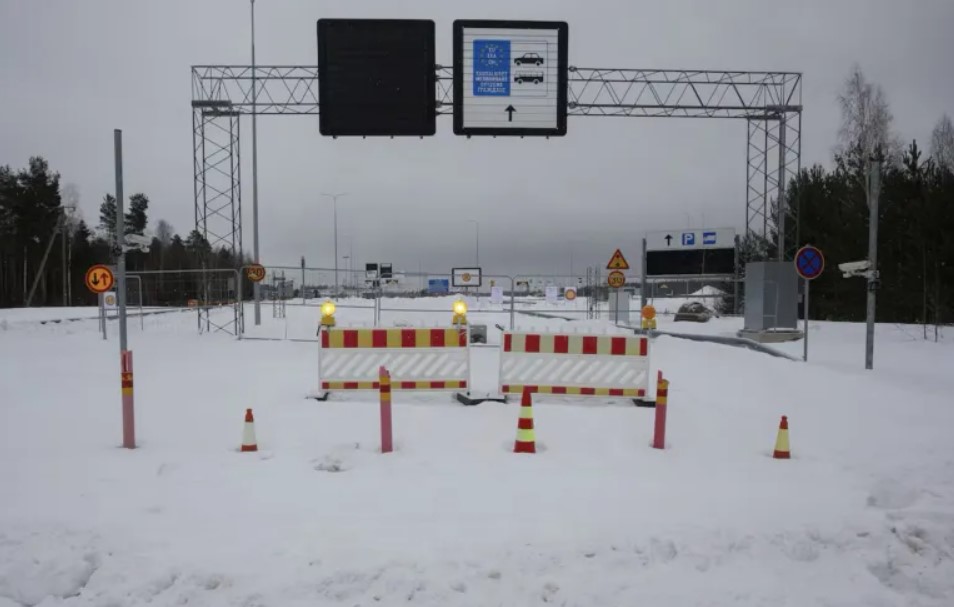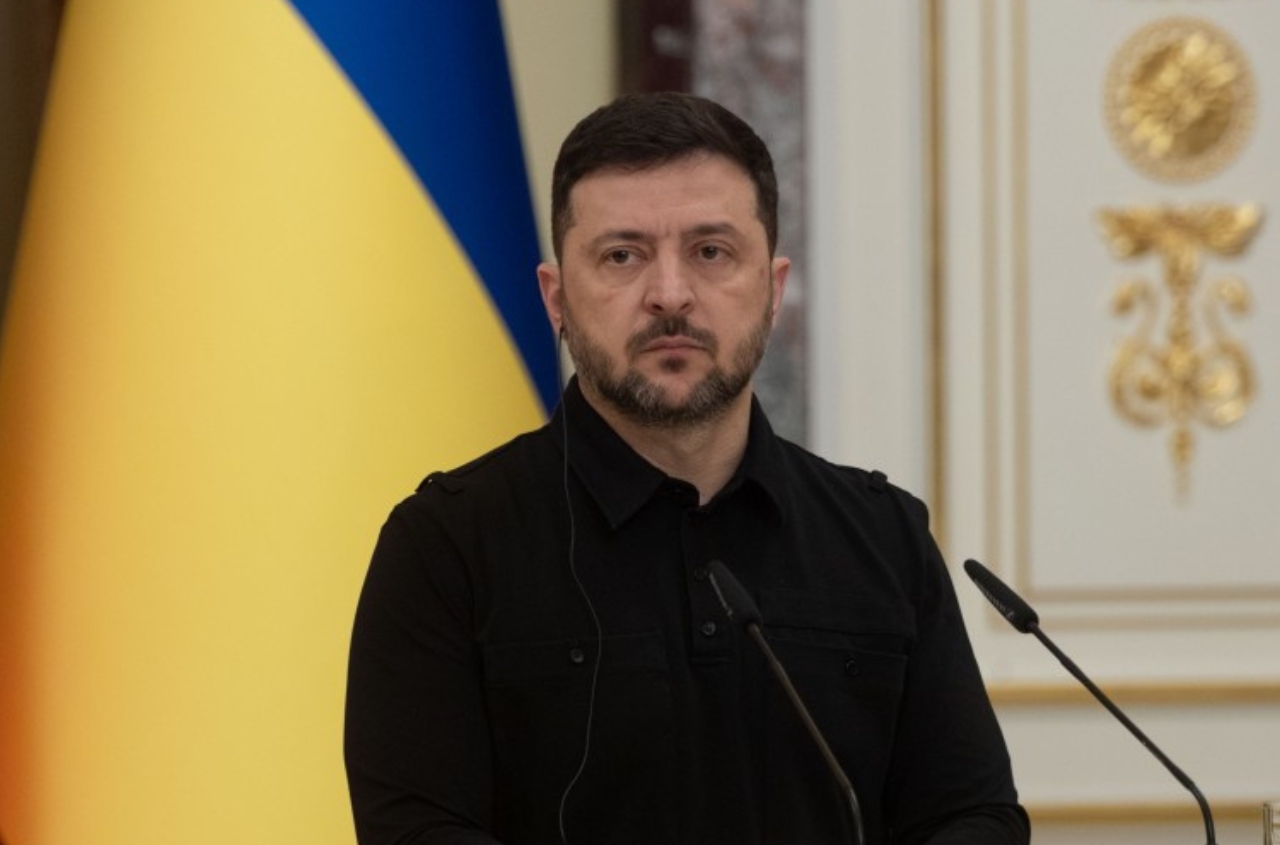Russia uses the campaign to reopen the border between Finland and Russia as a tool of hybrid pressure on the West, experts from the Robert Lansing Institute (RLI) say.
According to analysts, behind what is presented in Finland as a humanitarian or economic initiative lies a politically motivated Kremlin strategy aimed at destabilizing NATO’s northern flank.
After Russia’s full-scale invasion of Ukraine in 2022, Finland closed most border crossings citing security threats. These measures were tightened following incidents where migrants were used as pressure tools and provocations at the border. Finland’s NATO membership in 2023 made the Russia border one of the most sensitive areas in European security.
A small but visible group of Finnish politicians and public figures advocating for reopening the border has attracted attention. Some have Russian citizenship or relatives in Russia. Notable activists include Johan Beckman, a far-right activist with a pro-Russian stance; Valentina Vasilieva, a local politician with dual citizenship lobbying for cross-border trade restoration; and Irina Vartiainen, a former member of Lappeenranta’s municipal council, publicly defending Russian-speaking rights.
Though direct ties to Russian intelligence are limited, RLI experts highlight worrying signs: repeating Kremlin rhetoric, attending events organized by Russian diplomats, and appearances in Russian state media like RT and Sputnik. The discourse of “protecting compatriots” aligns with Russia’s foreign policy line.
Economic arguments form the main public rationale, emphasizing the border closure’s impact on eastern Finnish regions previously dependent on Russian tourism, combined with emotional appeals about “human ties” to relatives in Russia. However, RLI stresses these efforts serve as channels to undermine public trust in NATO, Finnish authorities, and Western sanctions.
The report also notes coordination by the Russian embassy in Helsinki, Russian intelligence, and pro-Russian media platforms on Telegram, VK, and YouTube in spreading these ideas and rhetoric.
Analysts warn that despite the campaigns’ local scale, their consequences could be far-reaching: reopening the border would ease Russian agent activity, burden Finnish security services, deepen internal polarization, and create a dangerous precedent for pressure on other EU countries’ policies.
RLI recommends Finnish and European authorities strengthen diaspora activity oversight, monitor funding sources of activists, develop alternative economic support for affected border regions, and coordinate with NATO to counter cross-border influence operations.





















